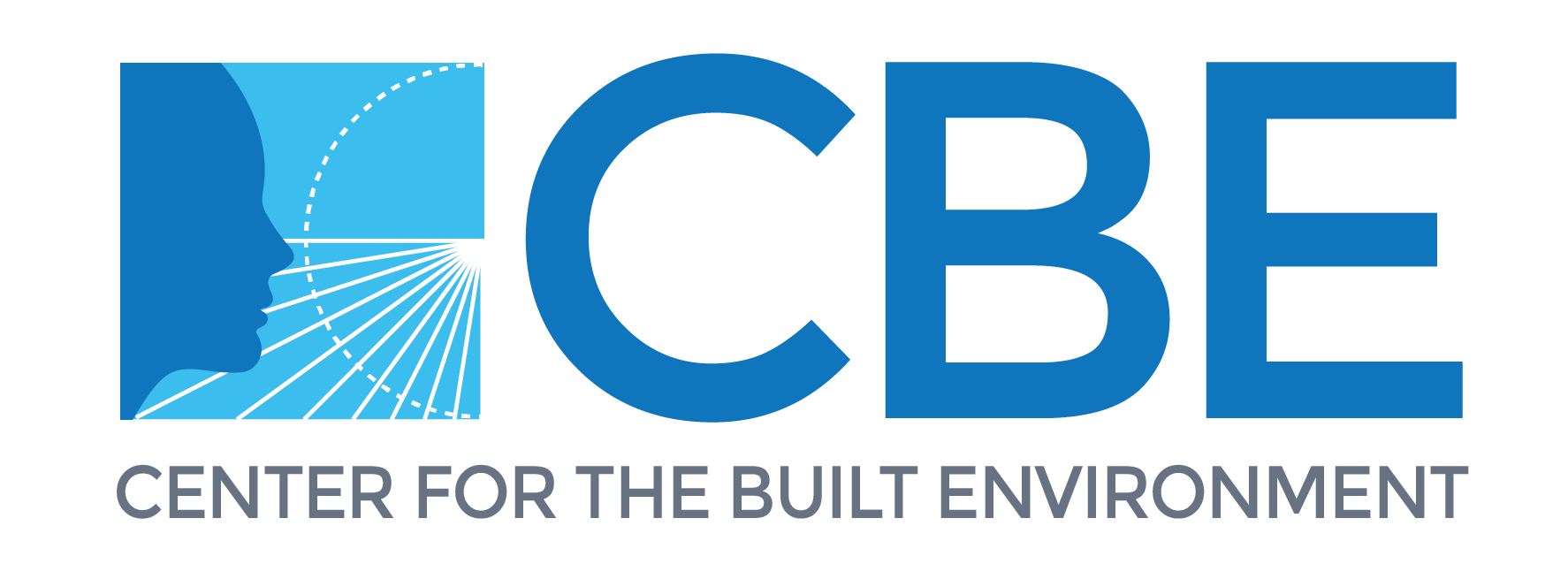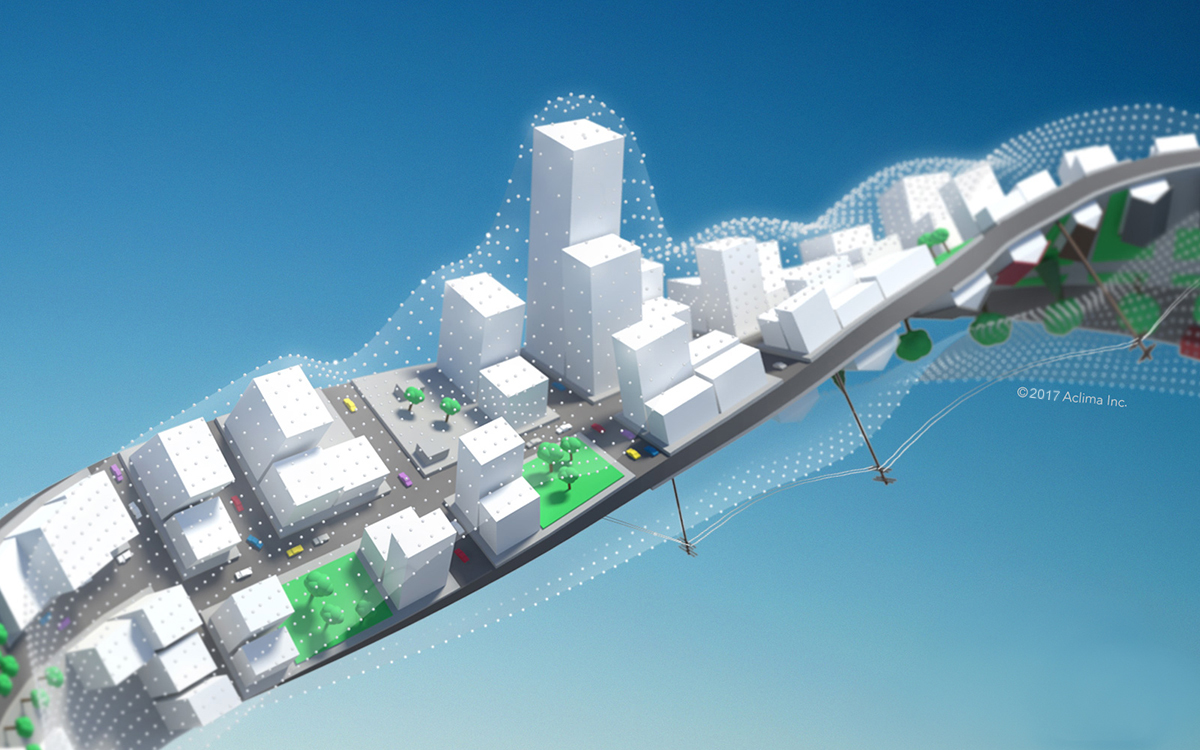The latest company to join CBE’s consortium, Aclima, has garnered global recognition as a leader in the application of sensor networks to provide environmental intelligence since coming out of stealth in 2015. Headquartered in San Francisco, the technology company provides information services from a unique sensing system powered by leading-edge environmental sensors, cloud computing, and artificial intelligence. This platform provides actionable insights for buildings, communities, cities and industry. Aclima’s combined focus on environmental quality and technology development makes it a welcome and fitting addition to CBE’s consortium of building industry leaders.
Aclima’s platform reduces the cost of air pollution measurement , while providing high-quality data comparable to reference instruments. Aclima’s sensing platform can be deployed on vehicles, outdoors and indoors to provide seamless information about spaces, buildings and cities. The node kits are comprised of distributed sensors for dozens of modalities, including temperature, humidity, noise, carbon dioxide, carbon monoxide, nitrogen dioxide, ozone, methane, ethane, black carbon, ultrafine particles and others. Sensor data is processed in the cloud with novel algorithms and machine learning, providing actionable insights to users via desktop and mobile applications.
The firm has been involved in collaborations with several CBE members. For example, Aclima’s partnership with Google to map the indoor environment has produced one of the largest data sets for the indoor environment. The network connected across Google offices processes 500 million data points daily on indoor environmental quality. Aclima and Google Earth Outreach have also partnered to map air quality within three of the largest California metropolitan areas by integrating Aclima’s platform on Google Street View cars. To date, these mobile labs have driven more than 80,000 miles and collected millions of data points about hyperlocal air quality.
Aclima also partnered with the U.S. General Services Administration and the University of Arizona to deploy a network of more than 1,000 sensors to support a landmark study about workplace stress and well-being. Aclima has worked with the U.S. Green Building Council to raise awareness and educate industry leaders about opportunities to use distributed environmental sensing to promote health, cognitive performance, and comfort. These partnerships build on long-term collaborations with the U.S. Environmental Protection Agency, Lawrence Berkeley National Laboratory, and UC Berkeley to advance distributed sensor technologies for air pollutants critical to climate change and public health. In 2016, Aclima and the EPA extended their Cooperative Research and Development Agreement through 2023, to continue sharing intelligence and scientific expertise in improving data quality from small-scale sensors.
At CBE’s recent advisory board meeting in May of 2017, Aclima Chief Strategy Officer Chris Pyke participated on a panel that explored how technologies can enhance the experience of building occupants. Chris’ presentation highlighted current trends and priorities that are perfectly aligned with CBE’s mission, for example, how today’s sensor networks offer increased transparency and opportunities to meet occupant expectations. As Chris reflects in recent a blog post, mobile apps and big data alone will not lead us to a new paradigm in occupant experience, but rather, these need to be complemented with what he describes as “experiential infrastructure.”
Featured image courtesy of Aclima.

